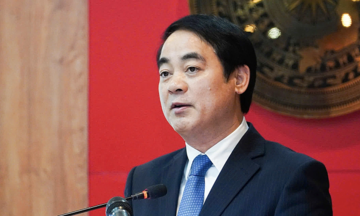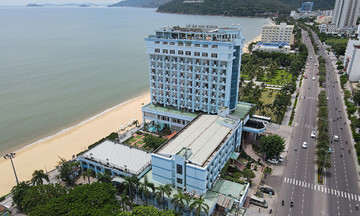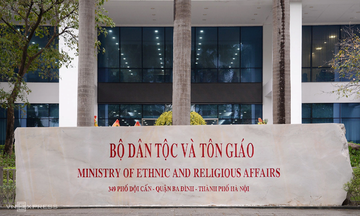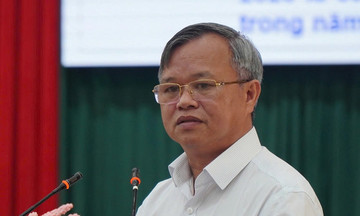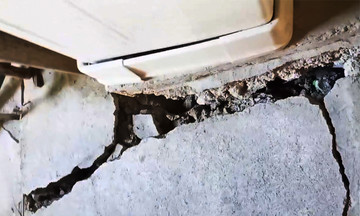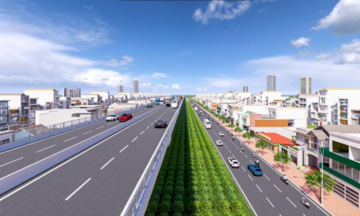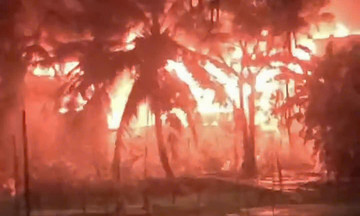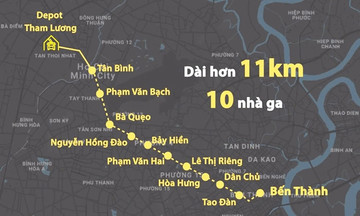At a Hanoi conference on 8/9 discussing Resolution 57, which focuses on promoting science, technology, innovation, and digital transformation, Construction Minister Tran Hong Minh tasked various departments, agencies, and specialized units with researching practical solutions to major industry challenges.
Specifically, the Institute of Construction Materials and the Institute of Transport Science and Technology were assigned to research alternative materials for construction sand, backfill, and highway foundations. This initiative aims to address the scarcity of construction materials that has delayed numerous projects.
The minister also commissioned the Institute of Transport Science and Technology and the University of Transport and Communications to explore the use of recycled and new materials to expedite highway construction by reducing settling times.
These institutes and universities were further tasked with researching solutions for smart city development and intelligent transportation systems. They were also asked to explore the application of Building Information Modeling (BIM) and artificial intelligence (AI) in surveying, designing, and operating construction projects, as well as research and transfer technologies for high-speed rail and urban railways.
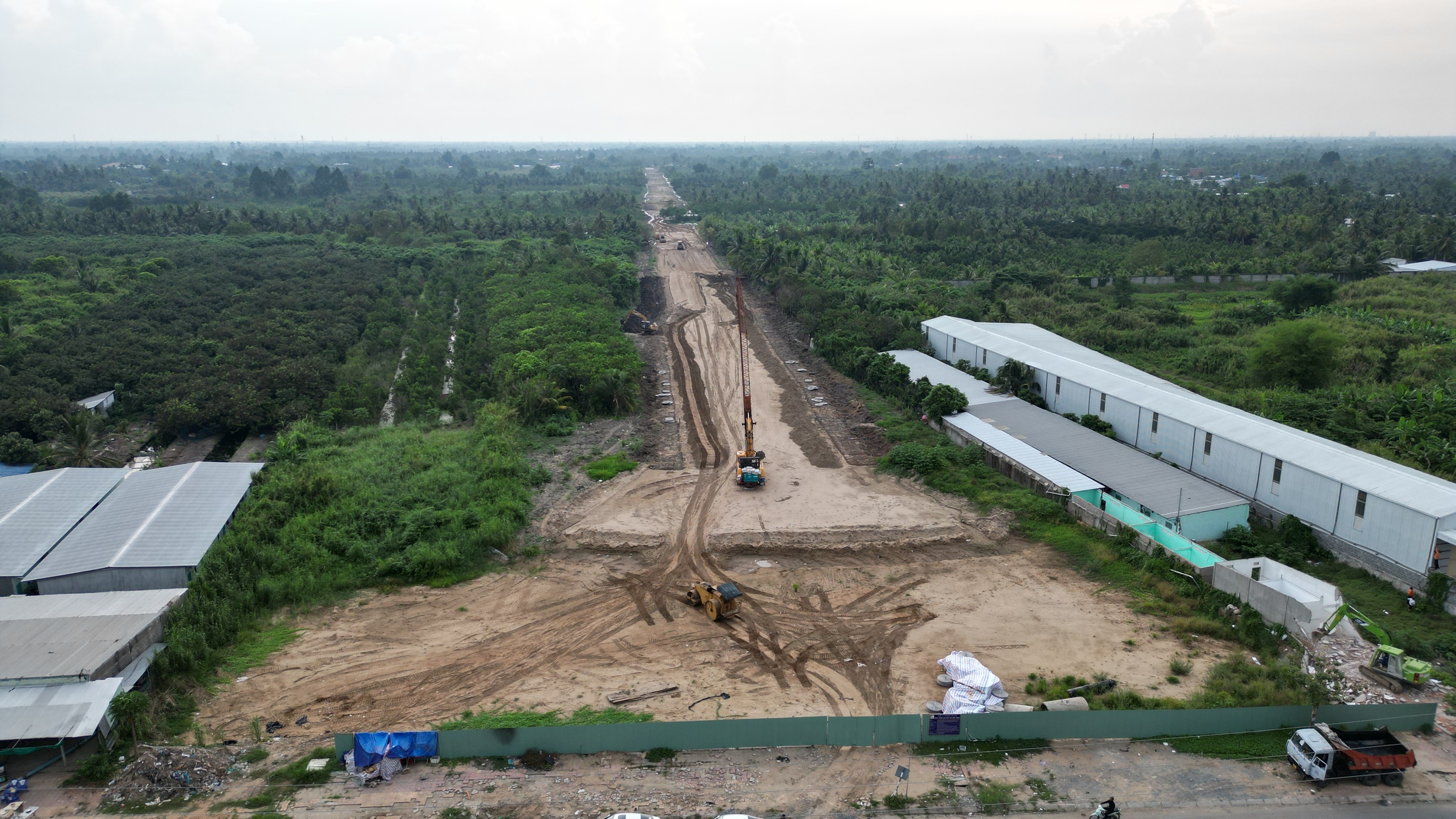 |
The Can Tho - Ca Mau Expressway experienced sand shortages at various points during construction. Photo: Huy Phong |
The Can Tho - Ca Mau Expressway experienced sand shortages at various points during construction. Photo: Huy Phong
The Vietnam Road Administration, in collaboration with Viettel Group and VNP, was assigned to develop a comprehensive plan for implementing intelligent transportation management systems nationwide by Quarter I/2026. They were also tasked with creating a comprehensive digital transformation plan for construction management, to be completed by December.
From 2021-2025, the construction and transportation sectors focused on two key tasks: providing online public services and building databases. The Ministry of Construction has been among the top three leading ministries and agencies, achieving the top spot in public service provision in 2023 and 2024.
However, according to Minister Tran Hong Minh, the construction industry faces challenges, including outdated equipment and inefficient, small-scale operations in some units. The exploitation and use of natural mineral resources remain inefficient, with continued waste and reliance on traditional materials.
Furthermore, some construction activities and factories have significant environmental impacts, with transportation vehicles exceeding acceptable levels of dust, noise, and emissions.
Collaboration between research institutes, universities, and businesses is also weak, lacking effective coordination mechanisms for commercializing research results. The science and technology market is developing slowly, with limited technology transactions, hindering innovation within the industry.
"To enhance productivity, quality, efficiency, and integration, we must prioritize science, technology, innovation, and digital transformation," the Minister affirmed.
According to the Ministry of Natural Resources and Environment (now the Ministry of Agriculture and Environment), the Mekong Delta's natural sand reserves for landfilling are estimated at 37 million m3. However, nearly 50 million m3 of sand is needed for the 6 expressways under construction in the region between 2022 and 2025. Provincial-level transportation projects require an additional 36 million m3.
In many transportation projects in northern and central Vietnam, natural sand prices have risen due to increasing scarcity compared to three years ago. In the future, natural sand will become even scarcer as upstream sand deposits diminish, failing to replenish extracted quantities. Excessive sand mining deepens riverbeds, increasing the risk of landslides.
Doan Loan



